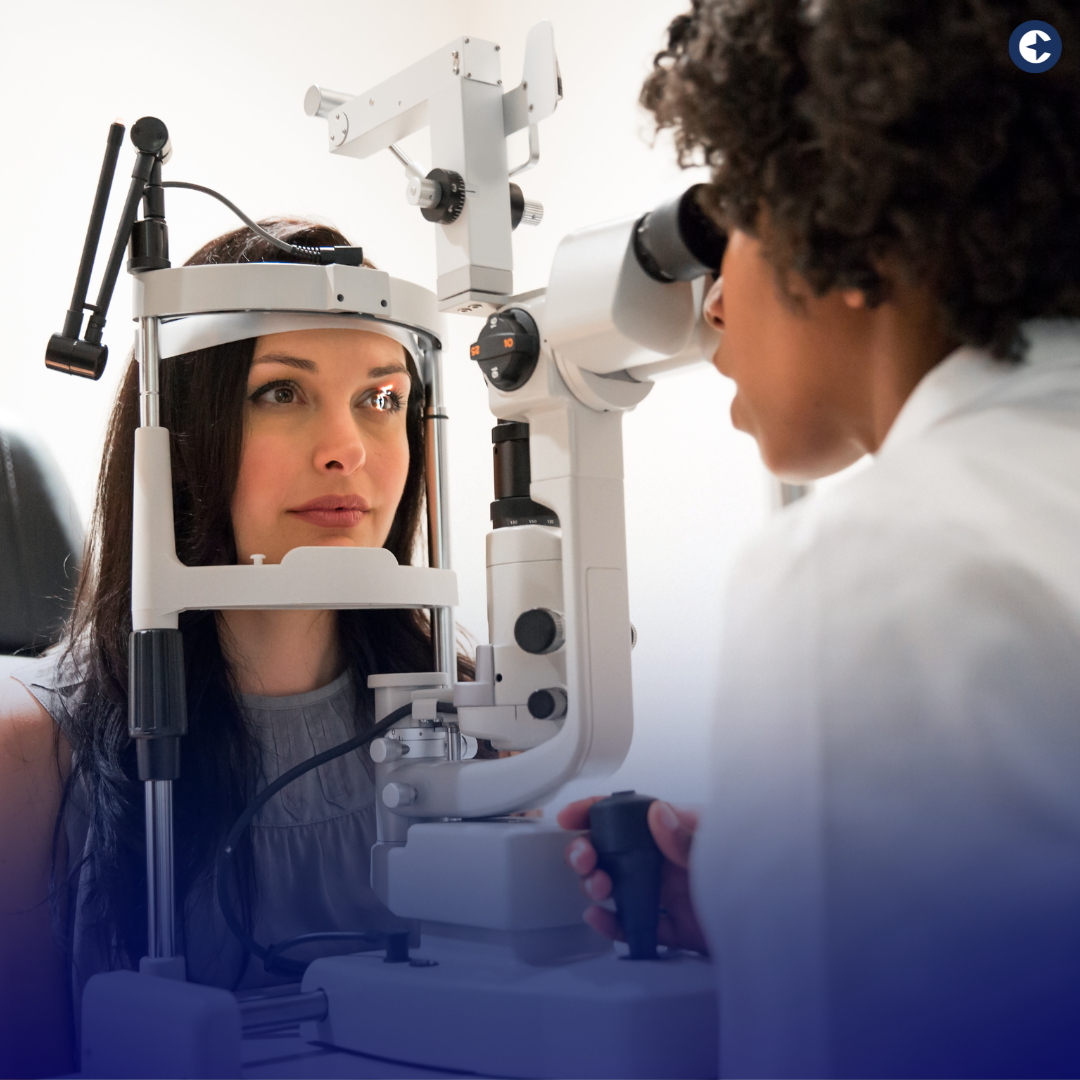Vision insurance is a critical component of overall healthcare, but its nuances, particularly regarding checkups and visit frequency, can be confusing. This blog aims to demystify vision insurance, focusing on the typical coverage for eye exams and how often you should schedule these appointments.

What Does Vision Insurance Cover?
Most vision insurance plans are designed to reduce the cost of routine preventive eye care and prescription eyewear. Coverage usually includes:
- Eye Exams: A primary feature of vision insurance is coverage for regular eye exams. These checkups are crucial for maintaining eye health and catching potential problems early.
- Eyewear: Many plans also provide allowances or discounts on eyeglasses or contact lenses.
- Discounts on Procedures: Some plans offer discounts on elective vision correction surgery, such as LASIK.
However, the specifics can vary greatly depending on the insurer and the plan chosen.
Frequency of Eye Exams: What’s Recommended?
The frequency of eye exams largely depends on your age, health, and risk factors for eye diseases. Generally, the American Optometric Association (AOA) recommends the following:
- Children: First exam at 6 months, again at age 3, and before first grade. Annual exams are recommended thereafter, unless otherwise advised by an eye doctor.
- Adults (18-64 years): Adults with no significant vision problems or risk factors for eye diseases should have an eye exam every two years. However, those with existing eye issues or health conditions that could impact vision may need more frequent visits.
- Seniors (65 and above): Annual eye exams are recommended, as the risk for eye diseases increases with age.

Understanding Your Vision Insurance Plan
To fully utilize your vision insurance, it’s essential to understand what your plan covers. Here are some key aspects to consider:
- Number of Covered Exams: Most vision plans cover one comprehensive eye exam per year. However, if you have a condition that requires more frequent monitoring, additional exams might be covered.
- Out-of-Pocket Costs: Even with insurance, there may be copayments or deductibles for eye exams.
- Network Restrictions: Some plans may require you to visit in-network eye doctors for full benefits.
- Additional Benefits: Check if your plan has provisions for urgent or unplanned eye care.
Why Regular Eye Exams Matter
Regular eye exams are about more than just checking your vision acuity; they are a crucial part of your overall health maintenance. Eye exams can detect not just eye diseases like glaucoma and cataracts but also systemic health problems such as diabetes and high blood pressure.
Conclusion
In conclusion, while most vision insurance plans cover annual eye exams, the frequency of these visits should align with your personal eye health needs. Understanding your vision insurance plan is key to maximizing its benefits and ensuring the health of your eyes. Remember, regular eye exams are an integral part of your healthcare routine, not just for clear vision but also for overall wellness.
For more follow us on Instagram, Facebook, Twitter, & LinkedIn.


